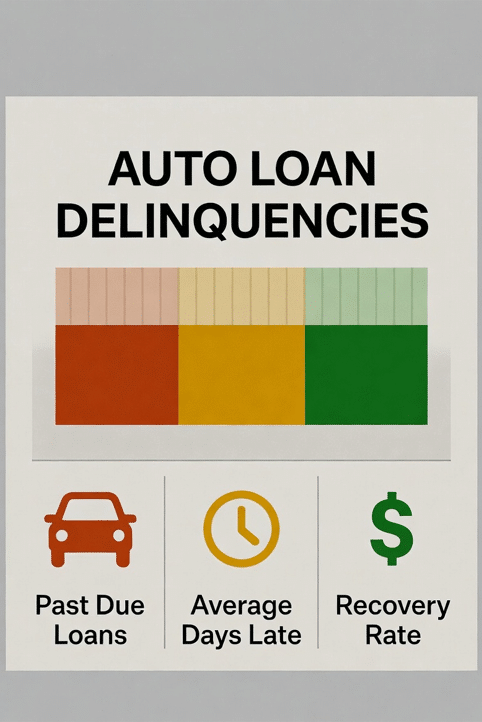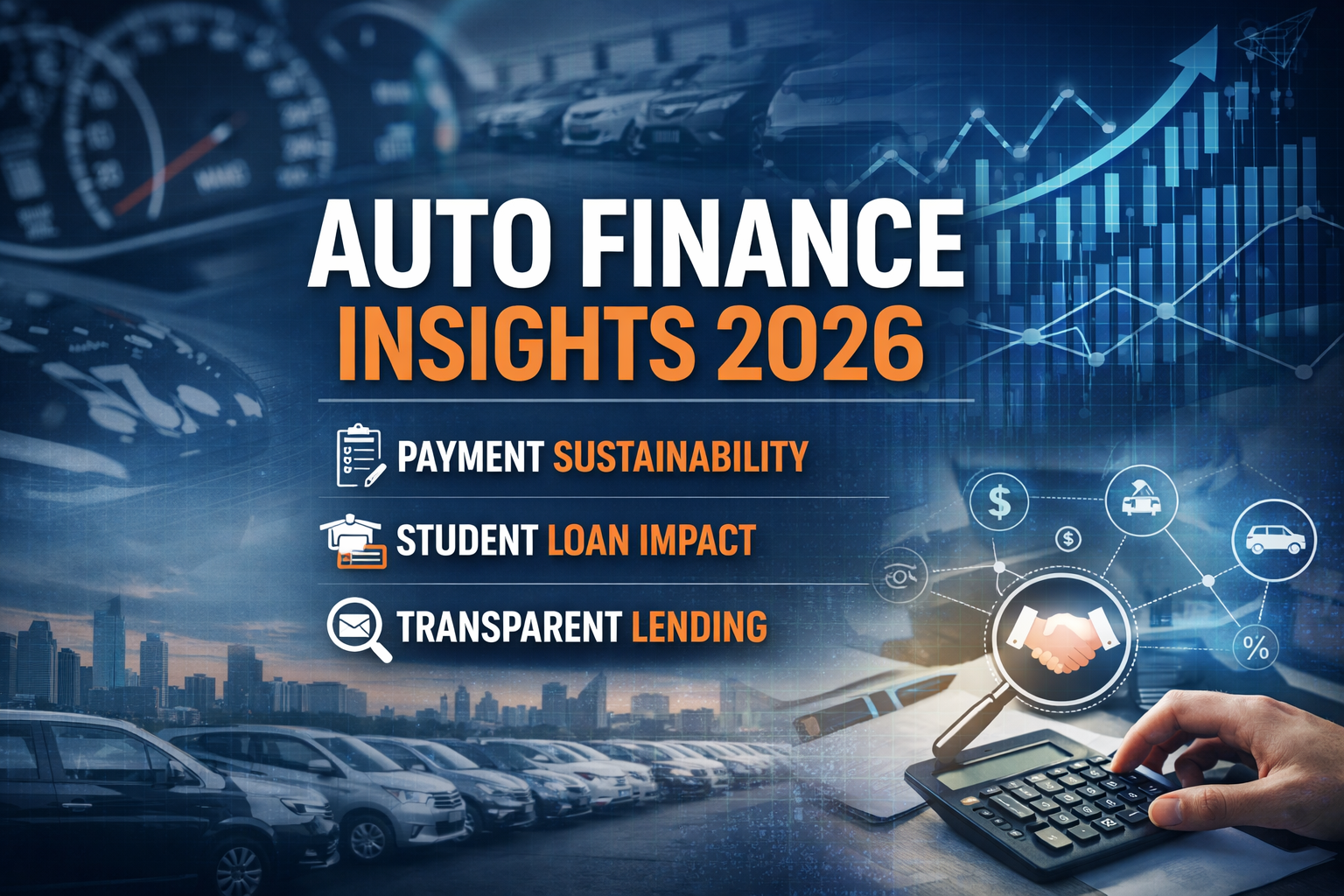TransUnion’s latest report sheds light on how the rising cost of debt is influencing the auto financing landscape. As consumers face increasing financial pressures, the implications for the automotive market are significant.
Key Findings
- Increased Debt Load: Consumers are experiencing higher levels of debt, which impacts their ability to finance new vehicles. The report highlights a trend where potential car buyers are either delaying purchases or opting for less expensive models.
- Credit Score Influence: Credit scores continue to play a pivotal role in auto financing. The report emphasizes that individuals with lower credit scores are particularly affected by higher interest rates, further exacerbating their financial strain.
- Lender Adjustments: Auto lenders are adapting to the changing financial environment by tightening credit requirements. This shift is aimed at mitigating risk but also limits access to financing for many consumers.
- Market Shifts: The auto market is witnessing a shift towards used cars as more consumers find new vehicles financially out of reach. This trend is likely to continue as debt levels remain high and interest rates climb.
- Impact on Sales: The overall sales volume in the automotive sector is experiencing a downturn. Dealerships are finding it challenging to maintain previous sales levels, leading to increased competition and innovative financing solutions.
Implications for Consumers
For consumers, the increasing cost of debt means a need for greater financial planning and awareness. Understanding one’s credit score and exploring different financing options are more crucial than ever. Consumers are encouraged to:
- Monitor Credit Scores: Regularly check credit scores and address any discrepancies promptly to ensure they qualify for the best possible rates.
- Consider Alternatives: Look into used cars or certified pre-owned vehicles as cost-effective alternatives to new cars.
- Explore Financing Options: Investigate various financing options and compare interest rates from different lenders to find the most favorable terms.
Conclusion
TransUnion’s report underscores the complex relationship between debt and auto financing. As financial conditions evolve, both consumers and lenders must adapt to navigate the challenges ahead. For the automotive industry, understanding these dynamics is key to supporting consumers and sustaining growth in a fluctuating market.




